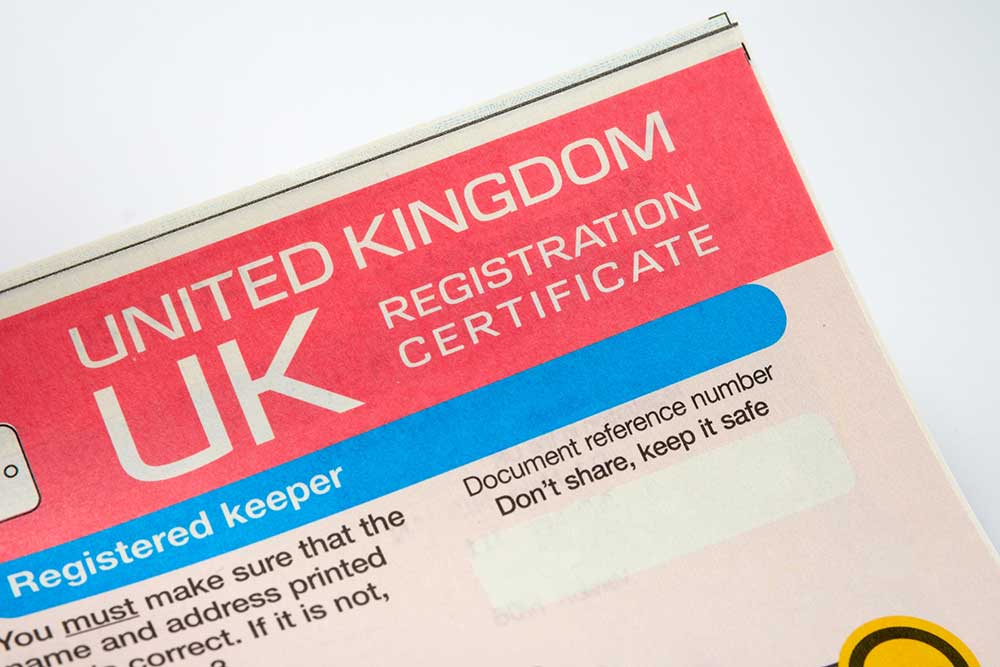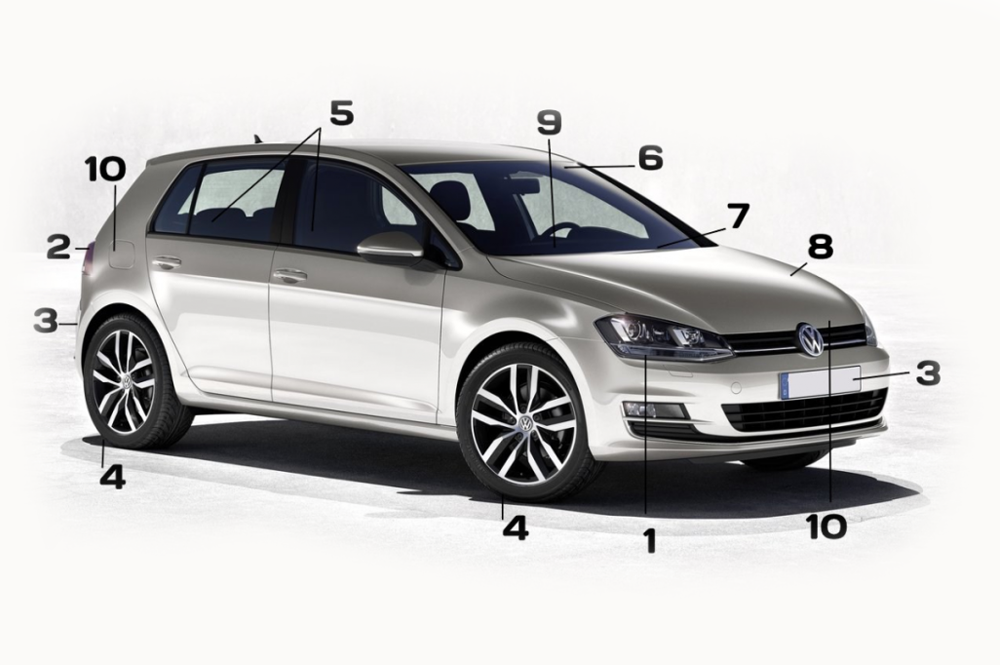2023 Ultimate Guide to Car Insurance


Most of us look to obtain the cheapest car insurance possible for the cover we’re after, and the easiest way to do this is to visit a car insurance comparison site. Read our guide on how to get cheap car insurance
Most of us look to obtain the cheapest car insurance possible for the cover we’re after, and the easiest way to do this is to visit a car insurance comparison site. Designed to gather in quotations from numerous different insurance companies, so you don’t have to, places like GoCompare, MoneySupermarket and ComparetheMarket only require you to complete all the tedious information once to produce numerous quotations which you can sort to show the cheapest insurance provider. However, it’s still recommended to check the quotation for details of what’s included before making a final decision, to make sure you are getting the cover you need. Once you’ve decided which insurance company you’re going with, you can gain additional savings:-
Put simply, a no-claims bonus or discount is a percentage amount your car insurer will deduct off your yearly insurance premium to reward you for not having made a claim in the previous year or years. An example would be if you had a 40% no-claims bonus and the premium was £1,000, you would pay £600 for your yearly premium. Any consecutive year in which you made no insurance claim, the discount percentage would increase. Each insurer will have different no-discount percentages and the number of years you can claim, however, generally most insurers will register a maximum of five to nine years no-claims with a maximum percentage discount of up to around 80%.
The three main types of car insurance that you can take out are third party, third party, fire and theft and comprehensive. They each offer different levels of cover with third party being the cheapest cover with minimal cover and comprehensive the most expensive option.
Third-party cover is the minimum level of car insurance required by law. A typical policy will cover:
A third party insurance policy won’t cover you or your vehicle, including if your car was damaged in a fire or stolen.
Third-party, fire and theft insurance will cover everything a third party car insurance policy does, but with the added protection against fire and theft. If you live in a high-risk area for crime, it’s certainly worth considering. A typical third party, fire and theft policy covers:
Be aware that cover will only be paid out after paying any agreed compulsory and voluntary excesses, and remember, this type of policy won’t cover you or your car (except for theft or fire damage).
Fully comprehensive car insurance offers the highest level of cover available, and it does perhaps make sense if your vehicle is new or expensive. This type of policy covers your vehicle in addition to any third party involved. A typical comprehensive policy will include:
Be aware that cover will only be paid out after paying any agreed compulsory and voluntary excesses. Similarly, you should be aware that comprehensive car policies don’t always include extras such as windscreen cover, courtesy car, and personal belongings. Personal injury to yourself is also not always included, so it’s advisable to always check with your policy provider before taking cover out.
An excess on a car insurance policy is a fixed amount you will need to pay when making a claim.
Be aware that in the event of a claim, both the compulsory and voluntary excesses will need to be paid.
Overlapping car policies on renewal can sometimes happen, so it’s not illegal to have more than one insurance policy on a car. Indeed if there is more than one driver, then each driver may decide to take out individual policies. However, it is illegal to make two claims for the same incident, which would be considered fraud.
As the name suggests, multi-car insurance is a product offered by insurance companies to get you to insure more than one vehicle with them. In return, discounts are applied to the premium. The more cars you insure, the larger the discount. You register your first vehicle under the policy and then as other cars come up for renewal, you add them too, each earning their own no-claims bonus. After 12 months, all the vehicles have one renewal date.
In a nutshell, yes. If you make a claim, then almost certainly this will increase your premiums. You will also likely lose some or all of your no-claims discount (unless you have this protected).
Insurance is calculated based on risk, and every insurance company will look at various factors when assessing what someone’s premium is going to be including age, occupation, mileage, the vehicle and its value and whether you’ve made any claims in previous years. Unfortunately, car insurance can especially be expensive for young drivers (under 25) as they’re seen as a higher risk and in some cases, this can happen if you’re over 70 too.
If your insurance goes up during the year, then this will most likely be due to a claim being made or policy amendments including:
On renewal, it seems almost predictable that the quotation you’ll receive from your insurance company will be higher than the previous year regardless if the policy has changed or not. Don’t auto-renew without shopping around for new quotations. Chances are you’ll get a cheaper quote as a new customer with a different insurer.
Car insurance for the under 25s is certainly eye-watering with premiums averaging around £900 per year, so you’ll want to do everything you can to ensure you’re getting the cheapest you can for the cover you need. Ways to do this are:
It happens to all of us at one time or another, you can’t remember renewing your car insurance and want to quickly check you’re covered. Easy, just check on the Motor Insurance Database, and you’ll be good to go.


